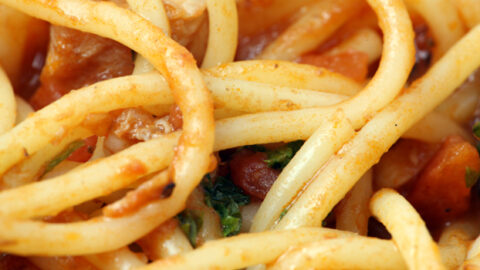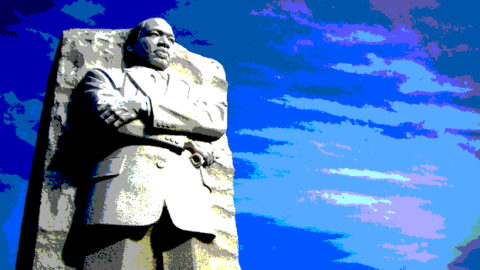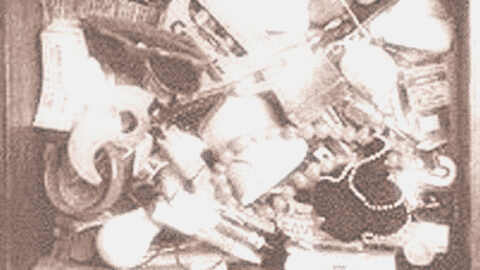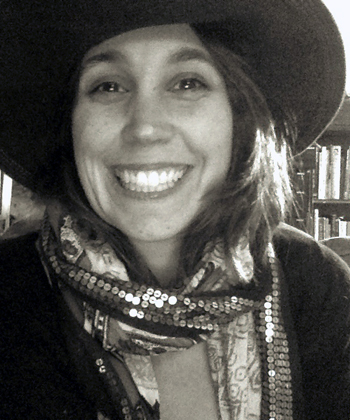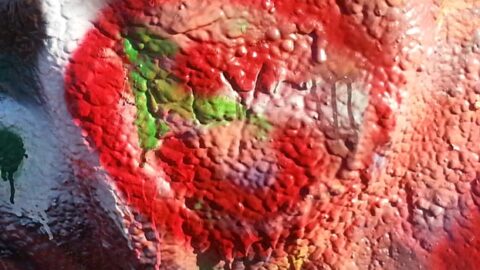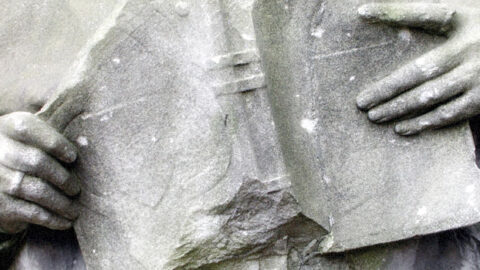“There was a wall. It did not look important. It was built of uncut rocks roughly mortared. An adult could look right over it, and even a child could climb it.” -The Dispossessed, Ursula K. LeGuin
We make assumptions. For example, as a writer, I make assumptions about my audience, about you. One of those assumptions is that you read, most of you widely, and many of you deeply. Since this blog is attached to a literary journal, it is very possible that some of you write. At the same time, I could be completely wrong. That is the nature of assumption after all.
Last week, my wife and I were driving through a small town in the Utah desert. The evening was approaching and I was hungry. The next town was probably an hour off. The problem was that we only passed two restaurants on the highway, China Star and Pizzaria. Take a moment to look at the pictures and you might make some assumptions of your own.


